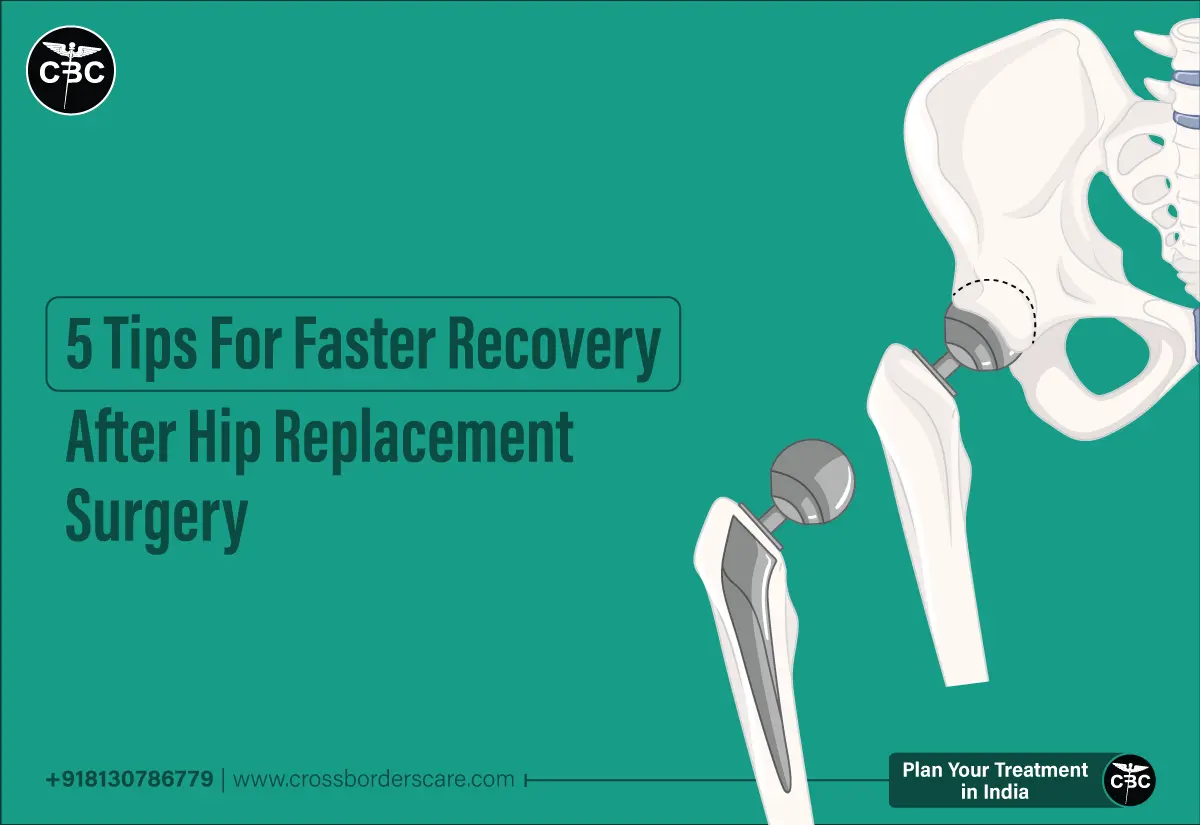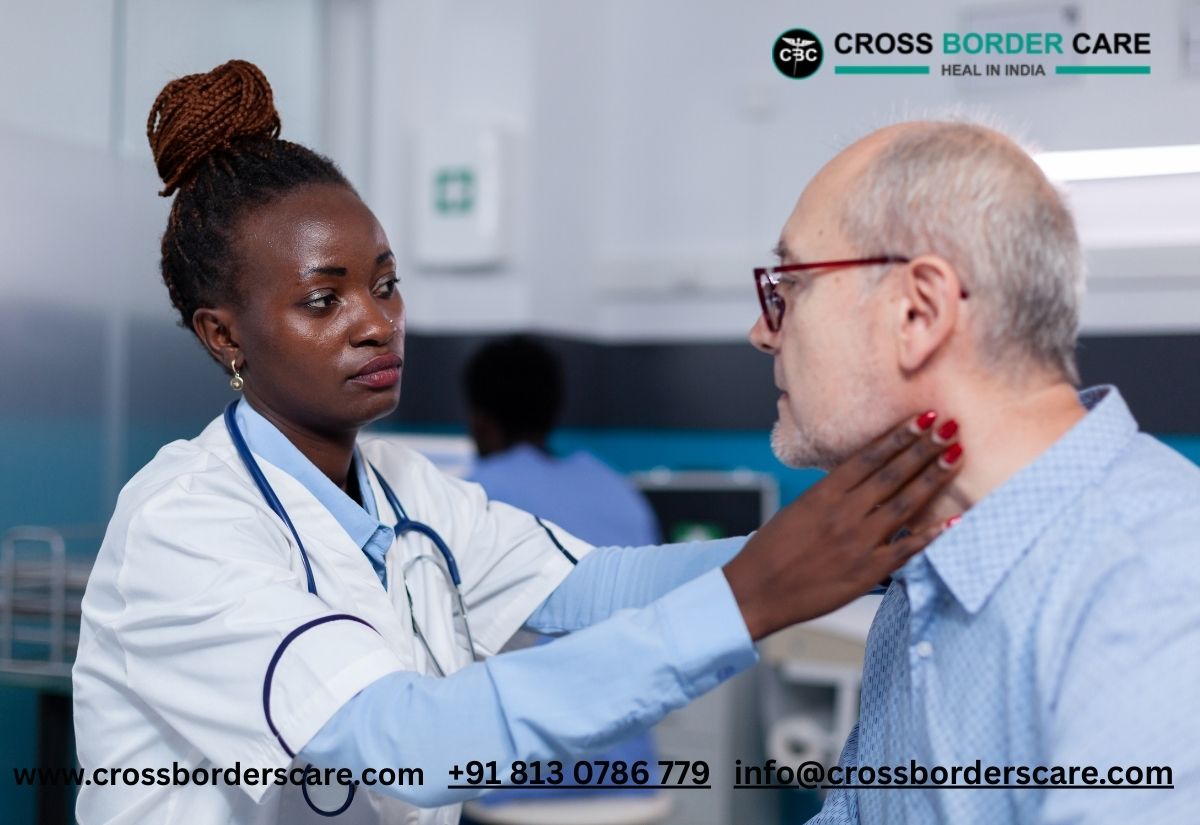After hip replacement surgery, people want their lifestyle to be much like before. The only thing that they do not need is the pain. In many ways, you are thinking right, but you need to understand that it will take time to return to normal activities after a major hip replacement surgery. What you can do is be an active participant in the healing process, and it will help you get back on your feet sooner.
Even though you can resume your normal activities, you will have to change how you do them. For example, you will have to learn safe ways of bending after the surgery.
Here are some tips that will help you succeed in hip replacement recovery.
What is Hip Replacement Surgery?
Hip replacement surgery is a common procedure that is used to alleviate pain and improve mobility in individuals who suffer from severe damage to the hip joints due to conditions like osteoarthritis.
During the surgery, the surgeon will make an incision over the hip to expose the joint. Next, he will remove the damaged joint and replace it with a metal, plastic, or ceramic joint.
The procedure can be carried out through robots or minimally invasive, meaning there will be less disturbance to the healthy tissues. Recovery after hip replacement surgery can be challenging and here are some tips for our readers.
5 Lifestyle Changes to Make Hip Replacement Surgery a Success: The Path to Wellness
Rehab after the surgery
Firstly you will need rehabilitation and physical therapy after the surgery. The most important reason to work with a physical therapist is that they can help you properly position your hip. The standard protocol is two weeks of surgery and rehabilitation at home and then outpatient physical therapy for two to four weeks. That is usually enough for recovery.
Walking & Sitting Instructions
Second instruction is pertaining to walking and sitting after the surgery. Like
- You cannot cross your legs while sitting.
- You will be unable to offer prayer while sitting for at least 6 weeks
- You cannot sit on the ground.
- You are advised by your doctors to use a pillow between your legs while sleeping so that both hip joints do not come close together.
Regular exercise and healthy eating
Regular exercise is one of the most crucial lifestyle changes ensuring your faster healing time for hip replacement. This does not mean that you have to turn into a marathon runner. Instead, we suggest you focus on low-impact exercises after the surgery, like walking, swimming, and cycling, which will help strengthen the muscles around the new hip joint. This will improve your flexibility and increase your overall mobility. ( The timing for swimming and other exercises depends on the severity of the surgical incision. In most cases, it is recommended to wait for 6 months to allow the surgical site to heal and then start these low-impact exercises)
However, be sure to be in touch with a hip replacement surgeon to plan an exercise regimen.
After surgery, a balanced diet plays a crucial role in speeding up recovery and maintaining new hip joints. Consuming foods rich in calcium and Vitamin D, such as dairy and green leafy vegetables, can strengthen your bones. Protein-rich foods like lean meats, beans and eggs aid tissue repair and also help in muscle recovery.
Also, folks, please remember to stay hydrated. Water helps to transport nutrients to the healing tissues and also removes waste from the body. The hip replacement recovery process will become fast if you stay properly hydrated.
Quit smoking today
Smoking greatly increases post-operative complications. It also slows down the process of recovery. Smoking also impairs the body’s ability to heal and, moreover, increases the risk of infection and blood clots.
Hip replacement doctors suggest quitting smoking as it will improve the flow of oxygen to the surgical site and will also reduce the risk of further complications.
Weight management
Maintaining a healthy weight is very important for successful results after a hip replacement surgery. Excess weight puts pressure on the hip joint, which can lead to premature wear and tear of the prosthetic hip.
A combination of a balanced diet and regular exercise will help you to manage your weight effectively.
Additional Tips for our Readers
Proper footwear and fall prevention
Wearing proper footwear will help you prevent falls and maintain a proper balance. It is especially very important after hip replacement surgery. Make sure to remove tripping hazards at the home and consider using assistive devices like a cane or a walker post-surgery.
Stay alert for the changes
Getting hip replacement surgery does not mean that you are pain-free. It is critical to know the symptoms that follow. If you experience any symptoms like inflammation, swelling, or stiffness around your hip joint, make sure to alert your surgeon immediately. Regular checkups and monitoring will ensure a successful hip replacement recovery.
Stay engaged in life
Finally, after a hip replacement surgery, it is very important to stay engaged in life after a hip replacement surgery. Social activities and hobbies will help you improve the overall quality of life after the surgery. If you face any trouble post-surgery, you can also join a support group or talk to a mental health professional.
If you are experiencing hip pain or stiffness, or your doctor has recommended hip replacement surgery, call Cross Border Care today. We will help you choose the best hospital and doctor for the surgery. To know about hip replacement surgery costs in India, contact us today.
March 27, 2024



















